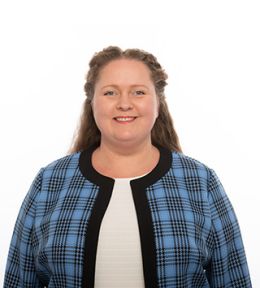MMAE Seminar by Ricardo Vinuesa
Armour College of Engineering’s Department of Mechanical, Materials, and Aerospace Engineering will welcome Ricardo Vinuesa, an associate professor in the Department of Engineering Mechanics at KTH Royal Institute of Technology in Stockholm to present his lecture, “Predictions in Wall-Bounded Turbulence through Recurrent and Convolutional Neural Networks.”
The virtual seminar will take place from 3:30–4:30 p.m. Contact Elena Magnus at magnus@iit.edu for the seminar details and a link to join.
Abstract
The advent of new, powerful deep neural networks (DNNs) has fostered their application in a wide range of research areas, including more recently in fluid mechanics. In this work we explore the capabilities of DNNs to perform two types of predictions in turbulent flows. First, we employ recurrent neural networks (RNNs) to perform temporal predictions of a low-order model of the near-wall cycle of turbulence. Our results indicate that the RNNs are indeed able to successfully reproduce the dynamics of the reference database. Secondly, we will use convolutional neural networks (CNNs) for non-intrusive sensing, i.e. to predict the flow in a turbulent open channel based on quantities measured at the wall. We show that it is possible to obtain very good flow predictions, outperforming traditional linear models, and we showcase the potential of transfer learning between friction Reynolds numbers of 180 and 550. These non-intrusive sensing models will play an important role in applications related to closed-loop control of wall-bounded turbulence.
Biography
Ricardo Vinuesa is an associate professor in the Department of Engineering Mechanics, at KTH Royal Institute of Technology in Stockholm. He received his Ph.D. in mechanical and aerospace engineering from Illinois Institute of Technology. His research combines numerical simulations and data-driven methods to understand and model complex wall-bounded turbulent flows, such as the boundary layers developing around wings, obstacles, or the flow through ducted geometries. Vinuesa’s research is funded by the Swedish Research Council (VR) and the Swedish e-Science Research Centre (SeRC). He has also received the Göran Gustafsson Award for Young Researchers and the Outstanding Young Alumnus Award from Illinois Tech.
Event Contact



